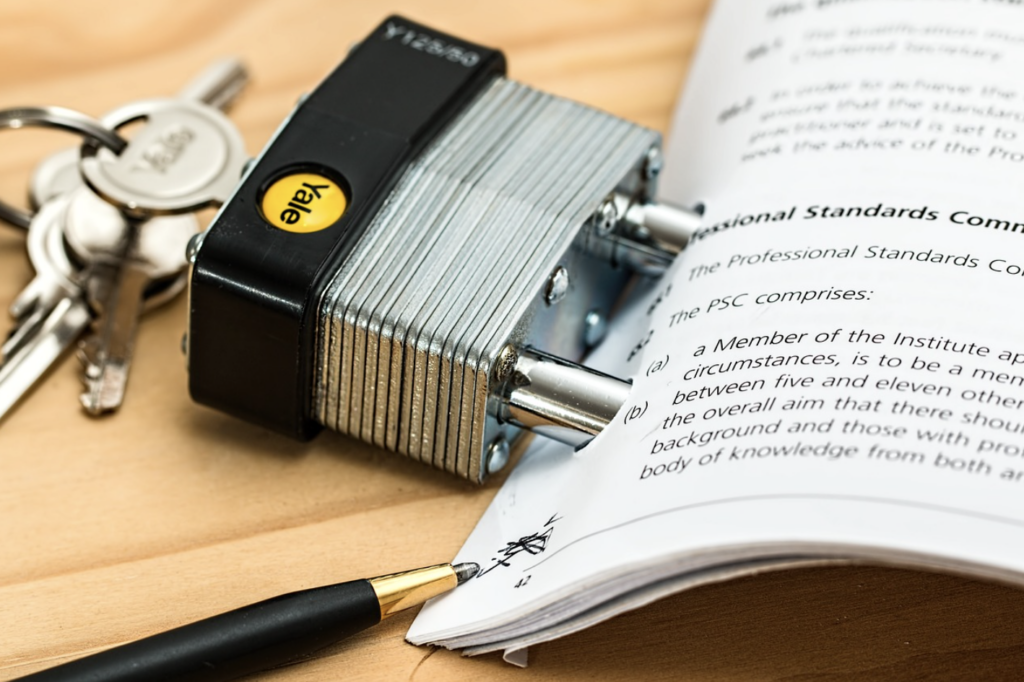Corporations went too far. Now the government is weighing in for people.

Two regulatory rulings yesterday revealed just what happens when companies go too far in self-serving policies — specifically, employers with non-competes and airlines cancelling flights.
The FTC cancels employer noncompete agreements
After a review period, the Federal Trade Commission has now banned companies from enforcing noncompete agreements (gift link).
Noncompetes prevent employees from working for competitors. Companies put them in place to stop people from taking their expertise and using it to benefit the competition — or to start their own businesses.
Typically, noncompetes had blocked professional and managerial employees from working for competitors for a period of six months or a year. And they had become quite standard, meaning you as a worker would have little negotiating power to change them in the employment contract you had to sign to start work somewhere.
But companies recklessly extended both the term of noncompetes and the types of employees they applied to. According to the Wall Street Journal, noncompetes now apply to one in five American workers, including questionable categories like salon workers and restaurant workers.
More than a decade ago, California banned the enforcement of noncompete agreements. And I think we can agree that the California economy hasn’t suffered. To the contrary, the vibrant startup economy and (until recently) favorable terms as companies competed for tech workers were due in large part to noncompetes being unenforceable in the state.
Now the FTC has determined that noncompetes inappropriately restrict competition, and they will no longer be applicable nationwide, except in narrow circumstances like the employment of senior executives. Since this is America, naturally, there will be lawsuits regarding the appropriateness of this FTC rule, but now the burden is on employers to show that their noncompetes ought to be legal.
Airlines must now offer cash compensation for cancelled flights
The US Department of Transportation has now required a change in airline policies.
If an airline cancels a flight, it must now refund the cost of that flight to the form of payment used to pay for it (for example, crediting the refund to a credit card). The same applies to flights with significant delays (more than 3 hours), delayed baggage delivery, and failure to deliver on advertised services such as Wi-Fi.
Previously, airline policies varied. In my experience, airlines frequently attempted to compensate passengers with credits that could only be used on that airline, often only after extensive customer service pestering. And if you forgot you had that credit, it wasn’t automatically applied, even when you made another reservation on the same airline.
Why these changes in regulations were necessary
Employers’ greed in applying noncompetes led to the need to ban their enforcement. Employers took things too far, and applied noncompetes to too many classes of workers for too long a period. They behaved unreasonably. And crucially, because these contracts had become customary in many industries, workers had very little ability to negotiate a better deal, since “everybody was doing it.”
Airlines’ greed in policies surrounding cancelled flights and baggage delivery led to the need for the transportation policy. Realistically, people don’t generally choose airlines based on their refund policies — so airlines were free to make those policies as cumbersome as possible.
In some cases, government regulation can often get out of hand. Businesses need to “comply with red tape,” and it slows them down.
But in these cases, large companies had abused the trust of their employees and customers with little penalty. It is in exactly these cases where the government needs to restore fairer terms of commerce. As an investor, I love it when companies are more profitable. But as a consumer or worker, I hate it when companies behave like assholes.
If you see a behavior that’s common in an industry and think “That should be illegal” — well, maybe it should.
And now, for a couple of the most annoying things companies do, it actually is.
When you sign up for a trial subscription, the subscription will automatically continue–at a higher rate–unless you explicitly cancel. I hope the FTC reverses this practice: “After 90 days, we will email you, asking whether you’d like to continue. If you don’t respond, or you answer ‘No,’ your subscription will end, and you will no longer be charged.”
I was subjected to a noncompete clause when I began work (computer drafting) at a telecommunications company several years ago. If/when I left the firm, I was forbidden to take employment with a competitor anywhere within 50 miles of this firm, which was near my home. I pointed out that if I left them for another firm, I might have to commute over 50 miles from my home at my next job, which was prohibitive. They didn’t modify the clause, but the HR person said that the clause had only been (rarely) enforced when the former employee was blatant about going to work for the competition or had obviously taken proprietary material with him/her. I did sign on, with some reservations (one can’t always trust what one is told). As it turned out, my next job, also in drafting, was in a different industry.
But it is wise to be aware and informed of such things. Just because a law goes into effect to prevent an abuse doesn’t mean an employer won’t reframe an issue to circumvent the restriction.